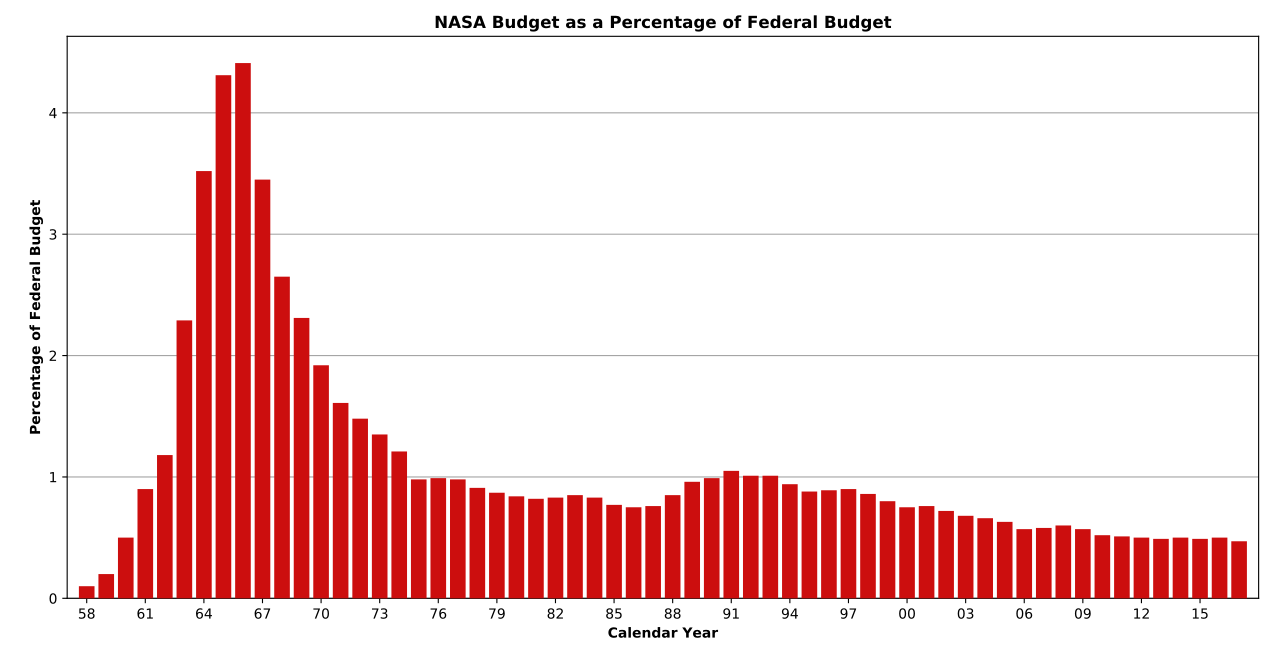

That’s totally fair, and to clarify my own stance: I don’t think it’s likely, or even possible that the human population will drop to 0 in my lifetime, let alone in the next few hundred years.
I’m primarily concerned about a compounding of factors that lead toward an increasingly higher probability of that outcome. I’m thus unwilling to take a “we don’t have to worry about human extinction because it’s statistically unlikely” stance. I’m also not attempting to assert that that’s your stance, either. I don’t know enough about what you believe to make any assertions about that at this point.
I really appreciate your reply, and I’m not trying to be snarky, here. I came to Lemmy, initially, looking for higher levels of discourse than are available on Reddit, and I get a little high-and-mighty about that. So I also apologize if I’m coming off as an ass.










I’ll reserve judgement until the NHTSA. NCAP, and IIHS weigh in. I know the NHTSA and IIHS have declined to test due to the cost of the vehicle/testing vs low market share of the Cybertruck. As far as I understand NCAP has no plans to test since the design by default breaks EU regulations before you even consider crash testing.
I trust Tesla’s internal testing about as much as I trust Boeing’s internal testing.